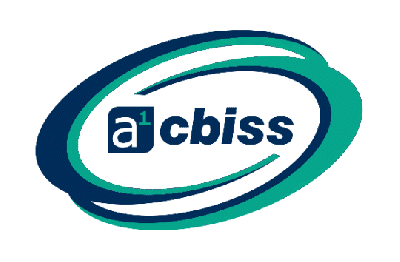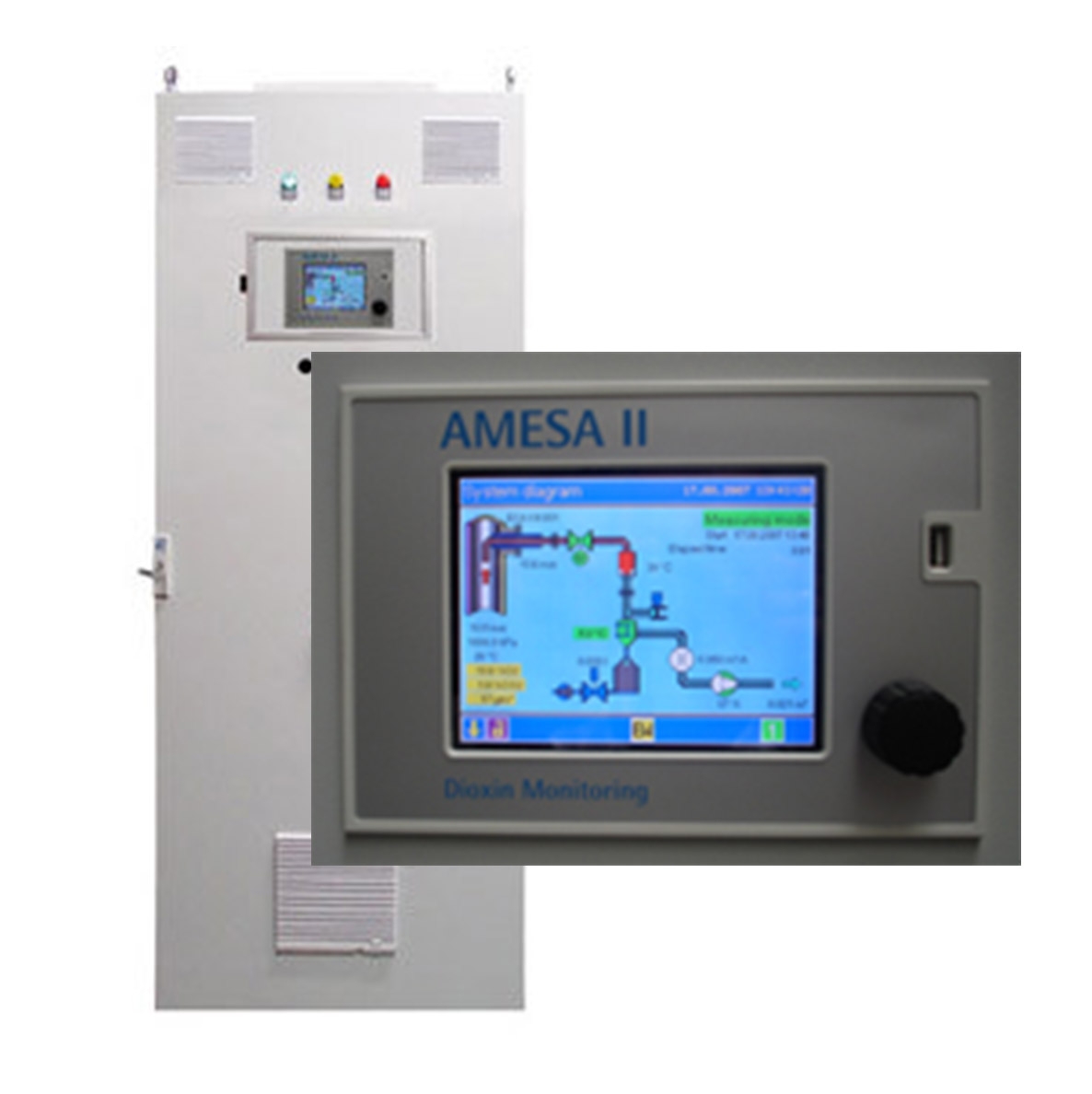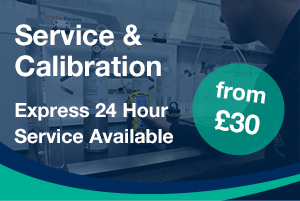Description
The AMESA-D is the dioxins sampler of choice for long-term continuous measurement. It’s MCERTs certified, and follows the scope in accordance with EN 1948-1
Over 400 AMESA® installed in waste incinerators, cement and power plants across Europe.
- MCERTs Certified – Industry approved sampler
- Fully continuous and automated solution requires little intervention from operators
- Data retrievable via USB port or CDAS Data Acquisition Software
How Does the AMESA-D Work?
The monitoring technique is isokinetic sampling of gas through a filter and resin trap, with subsequent extraction and analysis.
The dioxins sampler utilises the water cooled probe method with Isokinetic sampling system coupled with XAD-2 adsorbent cartridge. The absorbent material (XAD-2) is sufficiently packed and evenly distributed in the resin trap to prevent the formation of channels, which stack gas may
pass through without coming into close contact with the absorbent.
- Automatic continuous sampling from 4 hours to 6 weeks
- Dioxins of all 3 phases (gaseous, solid and liquid bonded) are collected in one cartridge
- Fully automated solution with stored data on USB port
- Cooled probe composed of different materials and lengths to fit the application
Compliance
To determine whether continuous dioxin and furan sampling is required, accelerated and periodic testing is performed to prove whether results are sufficiently stable. If the 6 results in the dioxins monitoring protocol do not meet the ELVs and test performances are inconsistent, then continuous dioxin samplers must be installed.
The WI BREF specifies an ELV of 0.06 ng/Nm3 for new plant and 0.08 ng/Nm3 for existing plant when using a continuous sampler.
- The AMESA® D system is the only instrument on the market for long-term sampling of dioxins, which is QAL 1 certified.
- MCERTs certified in accordance with Standards EN 1948-1.
- Fully supported by MCERTS Certified CDAS Data Acquisition Software
Assurance
The AMESA-D® is thoroughly tested throughout the TÜV and MCERT procedures which ensures perfect calculations of dioxin concentrations. These include volume measurement, isokinetic control, temperature and pressure measurement).
The most relevant tests are those related to the adsorption characteristics of the system (e.g. possible break-through of dioxins through the cartridge, possible losses of dioxins in the sampling line and condensate etc.) are exclusively performed in the more stringent QAL1 and TÜV type performance test.
Product Downloads
Talk with the Experts
Contact us - Our team of application specialists can assist you with system design, installation, maintenance, and repair. As a systems integrator, we provide end-to-end support to ensure your facility has a reliable and effective gas detection system in place.
Sign up for more information - For more information on protecting your staff from the dangers of gas leaks, sign up for our emails.








